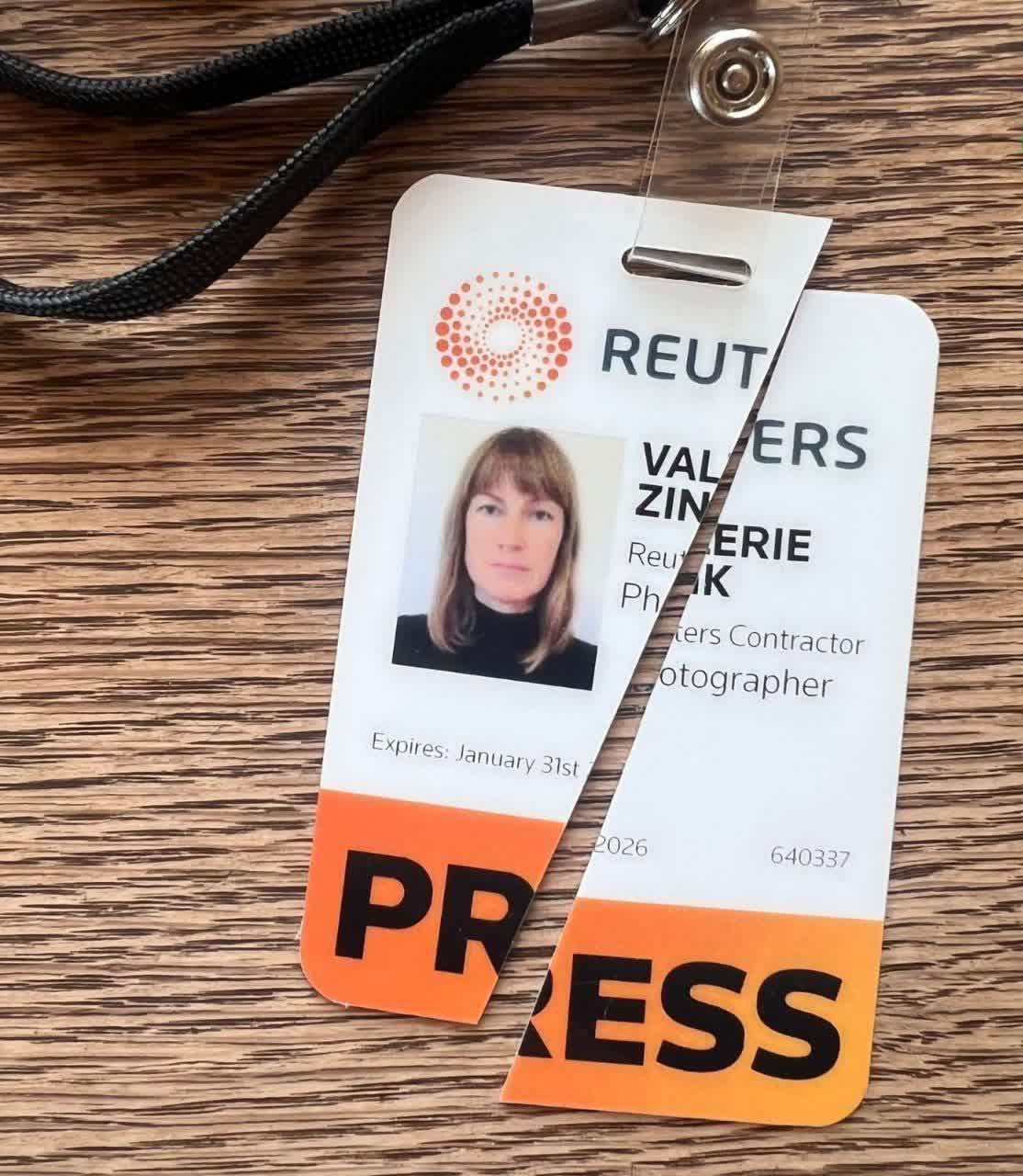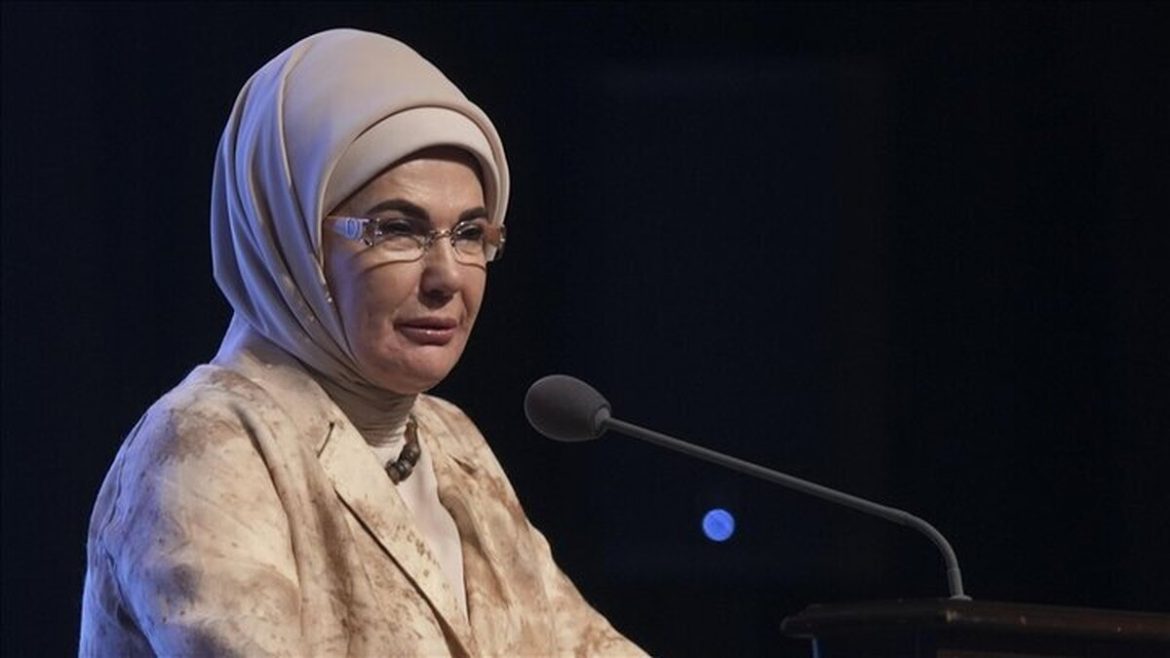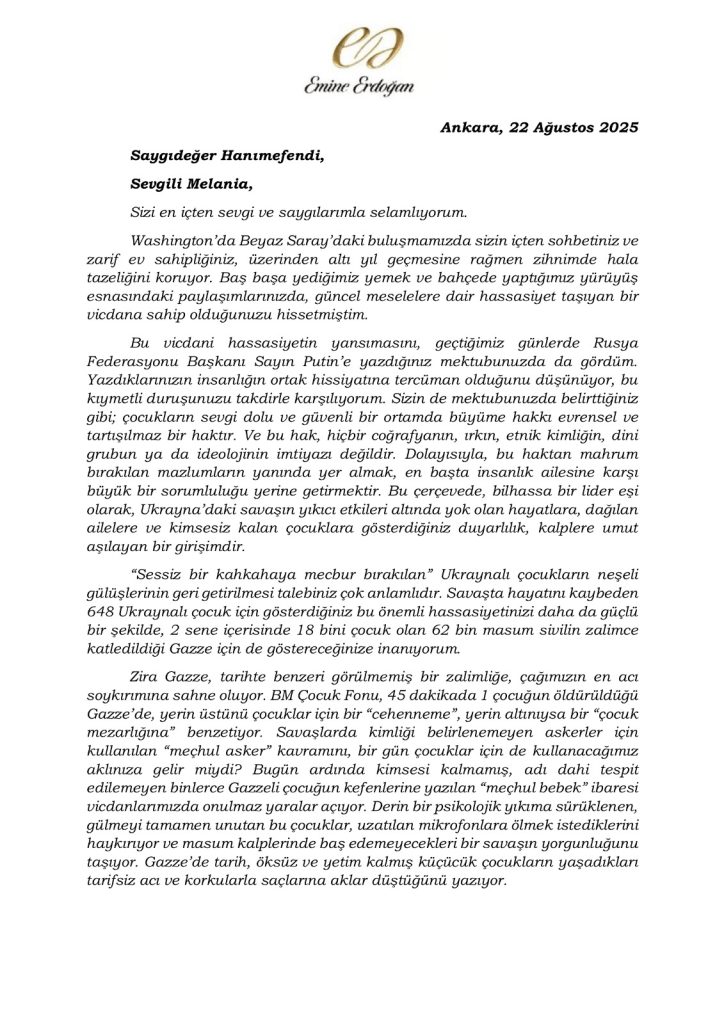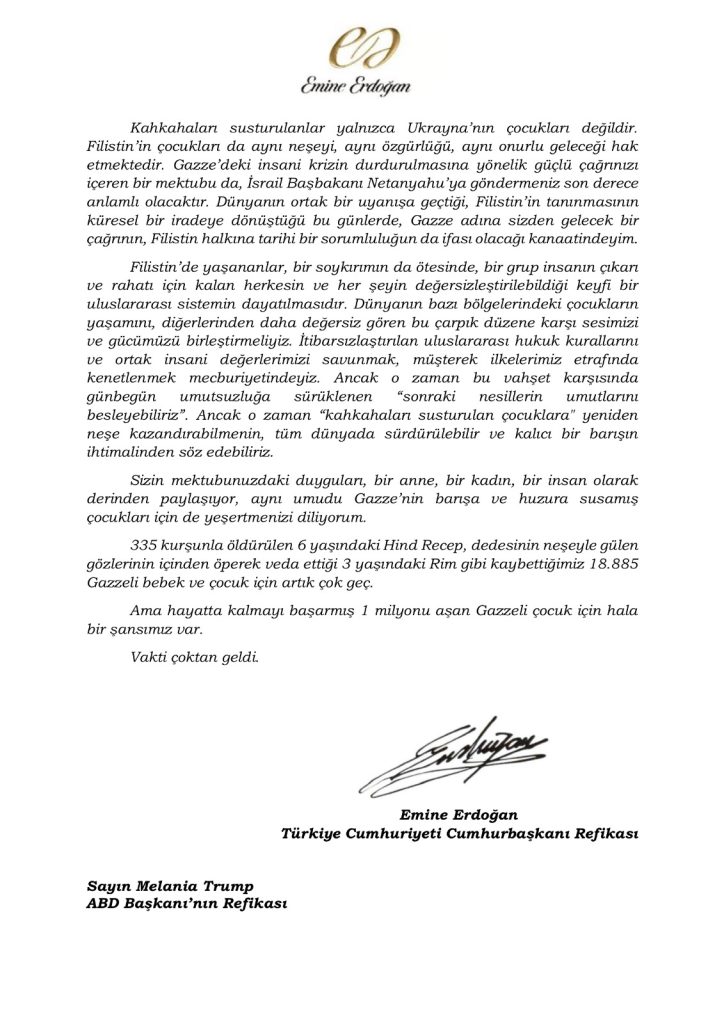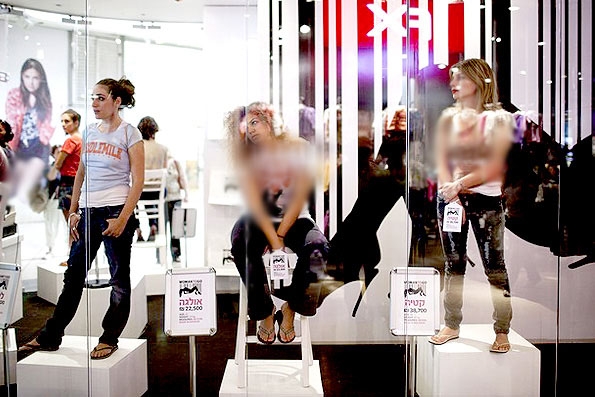Over 1,500 actors, directors, writers and other cinema figures from around the globe have pledged to boycott Israeli film institutions they say are “implicated in genocide and apartheid against the Palestinian people.” The open letter, organized by Film Workers for Palestine, demands that signatories avoid collaborating with any Israeli festivals, cinemas, broadcasters or production companies that are tied to policies of occupation, war crimes or human rights abuses.
Background of the Pledge
The movement was initiated by the group Film Workers for Palestine. It invokes parallels with Filmmakers United Against Apartheid—an earlier campaign by filmmakers like Martin Scorsese and Jonathan Demme that opposed collaboration with South African institutions under apartheid.
The pledge states that institutions are “implicated” when they whitewash or justify genocide or apartheid, or partner with governments carrying out such policies. It clarifies that the boycott targets institutions, not individuals, and that there are Israeli cultural bodies that are not considered complicit.
Key Signatories
Prominent international names among the signatories include Olivia Colman, Emma Stone, Mark Ruffalo, Tilda Swinton, Javier Bardem, Riz Ahmed, and Yorgos Lánthimos. Others are Ava DuVernay, Asif Kapadia, Joshua Oppenheimer, Susan Sarandon, Lily Gladstone, and Ken Loach.
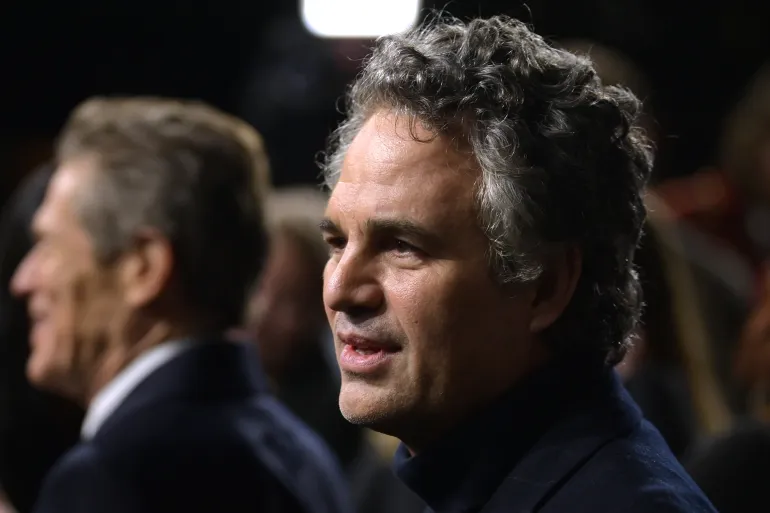
Motivations and Context
The pledge cites reports from the International Court of Justice and various UN experts who describe a plausible risk of genocide in Gaza, alongside accusations that Israel’s occupation and apartheid policies toward Palestinians are unlawful.
Signers assert that cinema has the power to shape perceptions—and that in a moment of urgent crisis, complicity through silence or participation amounts to endorsement. The campaign urges the global film community to refuse silence, racism, dehumanization, and to take responsibility.
Responses and Potential Impacts
Leaders of the Israeli film industry have condemned the boycott as misguided, saying it targets the wrong institutions and risks silencing voices that critique or oppose government policies.
Analysts suggest the pledge could affect international co-productions, festival entries, and the ability of Israeli institutions to participate in global cinema circuits. Cultural prestige, funding, and partnerships might all be put under pressure.
Looking Ahead
As of the latest reports, more than 3,500 film industry workers have added their names to the pledge.
Whether this movement will lead to lasting change depends on how strictly signatories follow through, how institutions respond, and whether cultural boycott campaigns succeed in influencing policy or public opinion.
From: Euronews






